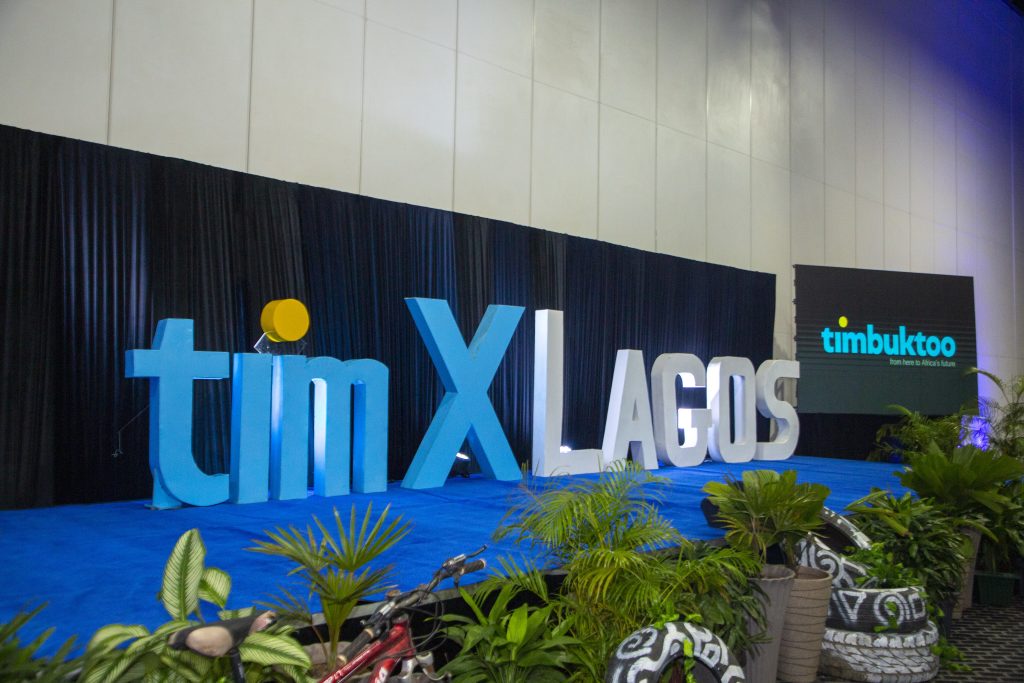The United Nations Development Programme (UNDP) has launched the “timbuktoo” initiative, a new project designed to inject $1 billion into 1000 African tech startups over the next decade.
The UNDP said the initiative will bring catalytic and commercial capital together to support Africa’s startup ecosystem.

Known as the largest startup fund ever in Africa, the Timbuktoo Africa Innovation Fund plans to provide $350 million in risk-tolerant capital to attract an additional $650 million from private investors. Eleni Gabre-Madhin, the Chief Innovation Officer at UNDP Africa said the fund aims to increase the appeal for domestic capital to enter at earlier stages. He noted the need for venture capital in Africa to embrace greater risks.
According to Gabre-Madhin, the funding will be directed towards startups at various stages, including pre-seed, seed, and pre-Series A, through equity investments. In different African cities, the funds will have specific focus areas. In Casablanca, Morocco, the emphasis will be on startups in the tourism and hospitality sector. Dakar, Senegal will see investments in ed-tech startups, while in Lagos, Nigeria, the focus will be on fintech startups. The fund will concentrate on agritech in Accra, Ghana. In South Africa, Capetown’s hub will be dedicated to the creative sector, Nairobi, Kenya will see a focus on Greentech, and the hub in Kigali, Rwanda will specialize in health tech. Lastly, the fund’s efforts in Cairo, Egypt will be centered around trade, logistics, and e-commerce. Additionally, Timbuktoo plans to collaborate with local universities in these regions to bolster tech ventures.
Promoted by the UNDP, Timbuktoo aims to address critical gaps and work with African governments, investors, corporates, and universities, to support the African startup ecosystem. The ambition is to mobilise and invest US$1 billion of catalytic and commercial capital to transform 100 million livelihoods and create 10 million dignified new jobs.

The initiative will blend commercial and catalytic capital to de-risk private investment, with a pan-African approach to supporting startups, while also focusing on the whole ecosystem, engaging and deepening the linkages between government policy, universities, corporates, development partners, catalytic partners, and commercial investors.
“We cannot accept that another generation of African young people do not have the tools to reach their full potential,” said President Paul Kagame of Rwanda, who announced an immediate contribution of US$3 million to start the Timbuktoo Africa Innovation Fund, which will be hosted in Kigali. “With Timbuktoo’s billion-dollar target, we can create more opportunities for Africa’s youth to put their talent and creativity to good use.”
Ghana president, Nana Akufo-Addo said, that for many African countries, the foremost challenge was to ensure the right structures are put in place to enable young Africans to create innovative and compelling businesses that can contribute significantly to job creation and sustainable economic growth.
“I’m excited about the future of our continent. I look forward to seeing us create a future where innovation is encouraged, ingenuity is supported and prosperity is shared,” he said.
UNDP administrator Achim Steiner said timbuktoo was a new model of development.
“We are gathering key actors to push on all fronts at the same time. From startup-friendly legislation, global-class startup building, and de-risking capital to increase investment, to the UniPods – University Innovation Pods – across Africa, we aim to fill critical gaps and support the startup ecosystem. This will enable innovations to grow and benefit people in Africa and elsewhere on the planet,” he said.


